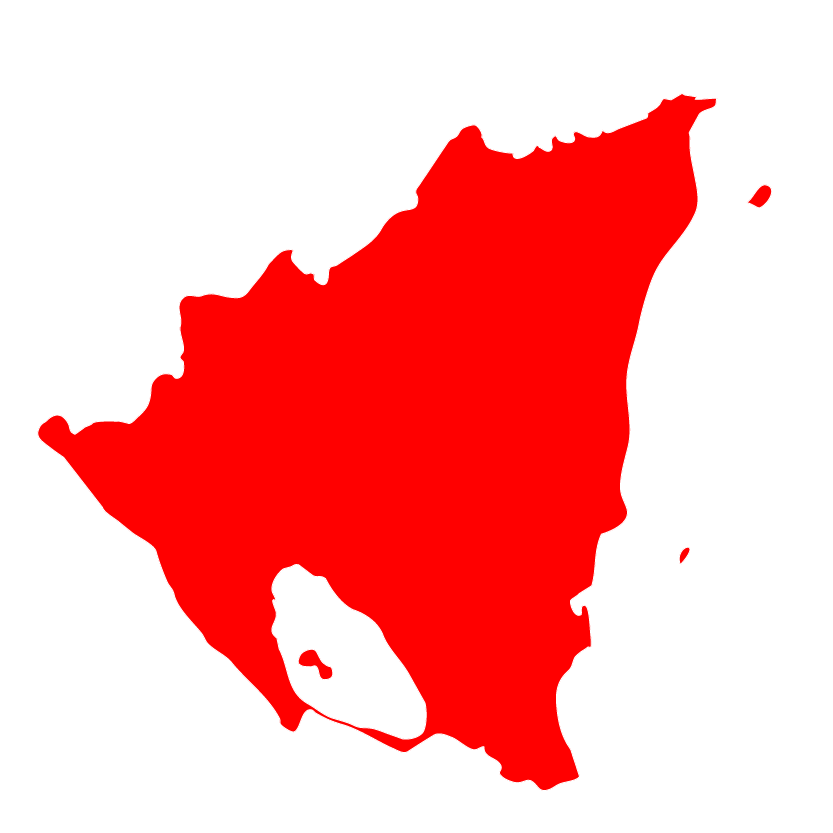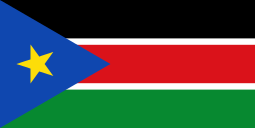South Sudan is a conflict prone country and is currently experiencing a worsening humanitarian crisis characterized by violent armed clashes and widespread insecurity that has resulted in mass displacements of civilians, killing, looting, destruction of property and gross violation of human rights. The situation is compounded by humanitarian impediments that continue to hinder humanitarian access and disrupt planned operations.
The latest South Sudan IPC figures on food insecurity indicate that, in the absence of humanitarian assistance, during the lean season months of May-July 2018, an estimated 7.1 million (63% of the population) faced severe food insecurity, out of which 155,000 would be in Catastrophe (IPC Phase 5) and 2.3 million in Emergency (IPC Phase 4). If the current drivers of food insecurity persist and worsen through the end of 2018, there is a heightened risk of Famine in areas where large populations are already experiencing severe food insecurity.
The persisting food insecurity situation in the country coupled by continued prevalence of conflict, violence, insecurity, climatic shocks, economic decline and sporadic displacements has created urgent multi-sectoral needs. These humanitarian needs require immediate coordinated response to bridge widening humanitarian gaps and save lives of vulnerable affected communities.
South Sudan ACT Forum members namely ICCO, Norwegian Church Aid (NCA), Christian Aid (CA), Dan Church Aid (DCA), The Lutheran World Federation (LWF/WS), HEKS/EPER, Finn Church Aid (FCA), United Methodist Committee on Relief (UMCOR), Presbyterian Relief & Development Agency (PRDA) are submitting a 24 month appeal to enable them to respond to this humanitarian crisis.
The appeal addresses urgent lifesaving needs and early recovery support and will target IDPs, returnees & vulnerable host communities through provision of services in the sectors of Food Security & Livelihoods, WASH, Unconditional Cash Transfer, Shelter and NFIs, Education (EiE) and Protection/Psycho-social Support.
ACT forum requesting members have strong capacity building approach and accumulated experience in working with local partners, church networks, national/local government and communities in target areas, and these structures will manage the projects once this emergency response has been implemented.
South Sudan_Emergency Response to Worsening Humanitarian Crisis in South Sudan_SSD 181








